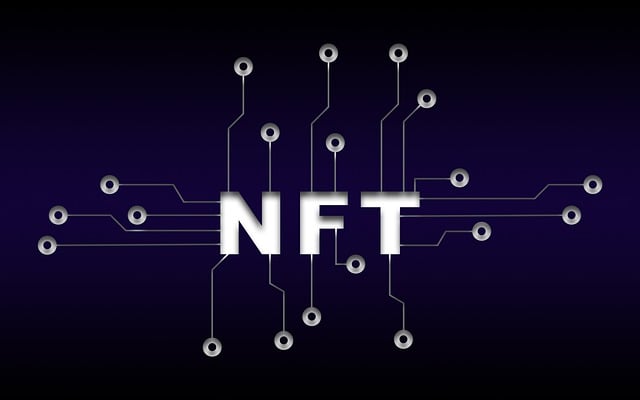Non-Fungible Tokens (NFTs) are gaining traction among the masses, and flipping them has become a popular way to make money. But is it really worth your time and effort? There are a lot of essential things you need to know about flipping NFTs. Whether you’re a newbie or a seasoned collector, let’s explore the exciting yet volatile world of NFTs.
Understanding the Basics of NFTs
Before diving into flipping NFTs, it’s crucial to grasp what NFTs actually are. NFTs can represent anything from digital art and music to virtual real estate and tweets. The most popular blockchain out there for NFTs is Ethereum, which provides the infrastructure for minting, buying, and selling these tokens. Understanding the technology and the types of assets that can be turned into NFTs will give you a solid foundation as you start flipping.
Finding the Right Marketplace
Selecting the right marketplace is a key step in the NFT flipping process. Different marketplaces happen to cater to different types of NFTs and audiences. Some platforms are more geared towards high-end digital art, while others focus on gaming assets or virtual real estate. Researching and choosing a marketplace that aligns with your interests and expertise can greatly increase your chances of success.
NFTs and Ethereum go hand in hand, as ETH is a common platform for NFTs. However, there are also alternative blockchains like Binance Smart Chain and Flow that host NFT marketplaces. Each blockchain has its own advantages and fees associated with transactions, so it’s worth exploring the options to find the best fit for your flipping strategy.
Keep an eye on the trends within these marketplaces. Popular NFTs and trending artists can offer valuable opportunities, but they can also be highly competitive. Joining communities and following influencers within the NFT space can provide insights into upcoming drops and hot projects, helping you stay ahead of the curve.
The Art of Minting NFTs
Minting NFTs is a process that involves creating a new NFT on the blockchain. This can be a lucrative way to get involved in the NFT market, as minting often comes with lower initial costs compared to buying already established NFTs. When you mint an NFT, you’re essentially the first owner of that token, and you can then get the option to sell it at a higher price once it gains traction.
To start with NFT minting, you’ll need to choose a specific platform that allows you to create NFTs. Most platforms require you to have a cryptocurrency wallet and some cryptocurrency (usually Ethereum) to cover minting fees. Once you’re set up, you can upload your digital asset, fill in the details, and mint your NFT. The process can be straightforward, but it’s important to pay attention to the costs involved and the potential market for your NFT.
The key to successful minting is research. Look for niches or trends that are gaining popularity but aren’t overly saturated. This might include emerging artists, new types of digital collectibles, or unique virtual experiences. By getting in early, you can position yourself to profit from the growing interest in these areas.
Strategies for Successful NFT Flipping
Having a strategy is essential for flipping NFTs profitably. Here are a few approaches that can increase your chances of success.
First, consider timing. Just like traditional investments, buying low and selling high is the name of the game. This requires paying attention to market trends and acting swiftly. Some flippers make use of the “floor price” strategy, where they buy NFTs at the lowest available price in a collection and sell them when prices rise. Staying informed about the latest drops and news in the NFT community can help you make timely decisions.
Secondly, diversify your investments. Putting all your funds into a single NFT or type of NFT can be risky. By spreading your investments across various assets and types of NFTs, you can mitigate risks and increase the likelihood of landing a successful flip. This might include a mix of digital art, virtual land, and gaming assets, each with its own market dynamics.
Networking also plays a crucial role. Building relationships within the NFT community can provide valuable insights and opportunities. Engaging with other collectors, artists, and investors can lead to discovering hidden gems and getting early access to promising projects. Joining forums, participating in social media discussions, and attending virtual events can help you establish a strong network.







